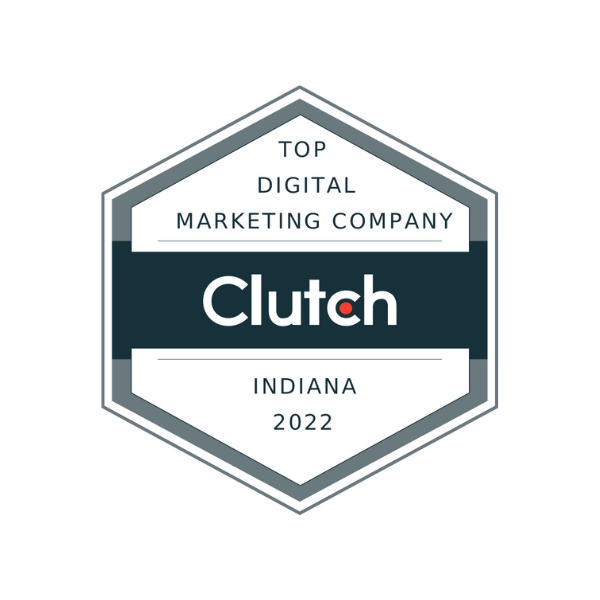Digital marketing is not second nature to many business owners. If you’ve recognized that digital is the most effective means of marketing your business today and is going to be the only means of tomorrow, then we’re here to help teach you how to create a digital strategy that is unique to your business and your goals.
1. Determine your goals, audience, and key performance indicators (KPIs).
Before we can start creating actionable marketing steps, we need to have a clear understanding of what we want to accomplish, who we are trying to reach, and how we’re going to measure performance in all our marketing efforts.
Your goals may be sales, leads, engagement, or even awareness. You can (and probably should) have different goals for different campaigns. Savvy businesses today understand there is a time for growing your audience and building your brand and other times for getting aggressive and driving sales.
Your audience matters. If you don’t already have a clear picture of your target audience, prioritize identifying and defining that audience. You can always start with some assumptions about what audience you think you’re looking to target or is your ideal customer base and make adjustments down the road. With digital marketing, few things are ever set in stone and we encourage you to have a mindset of continued evaluation and optimization.
Key performance indicators or KPIs are going to be the metrics you use to assess how effective campaigns are. Don’t feel bad simply setting your KPIs to sales & revenue because those are important for every business but understand that many digital platforms – like social media – are most effective when the focus is on audience growth, engagement, and content rather than pushing sales and advertising messaging the whole time. By ignoring growth in areas besides sales, you may be missing out on numerous effective approaches.
2. Identify your approach and the channels you want to focus on.
If you’re just getting started your initial goals will want to prioritize solidifying the foundation of your online presence such as your website, social media, and local listings (like Google Maps/Business) before jumping into SEO paid advertising campaigns. When you establish a solid online foundation, all your marketing efforts will yield better results and more efficient marketing/advertising spend than just diving in with issues on your website or missing online platforms altogether.
Once the foundation is set, consider your specific goals. Different approaches are more suitable for short-term or long-term results. You also want to consider your business and the types of products or services you’re marketing. Making these determinations requires some knowledge of the different components of digital marketing and there is no substitute for consulting with a professional with experience and training with the online ecosystem.
3. Launch your campaign, track progress, & optimize efforts.
Launching your marketing initiative is not the end of your marketing strategy efforts. The beauty of digital marketing is the ability to track performance in real-time. While you don’t want to go overboard by overanalyzing every little bit of data you collect, you should be regularly tracking, testing, and tuning your campaigns.
Don’t be afraid to try something different or explore a unique idea. Often times when it comes to your online content, the risk is very low but you may be surprised what works. It’s all about finding balance because you don’t want to give up on initiatives too quickly either.
If you’re running campaigns on multiple platforms and dealing with a lot of separate analytics dashboards for your website, ad campaigns, social media pages, and search rankings, consider an all-in-one analytics software that lets you connect your accounts in one place. This will give you a good overview of your data in one location. This will also allow you to identify where marketing efforts in one area are impacting another.
Final Thoughts
Digital marketing provides such a great opportunity for businesses to reach their ideal audience and have a clear understanding of how their campaigns are performing. There is no doubt that these new marketing capabilities come with a steeper learning curve than traditional marketing. It is always a good idea to prioritize familiarizing yourself with the various components of digital marketing but there is no true substitute for hiring our parting with an experienced marketing professional.
















